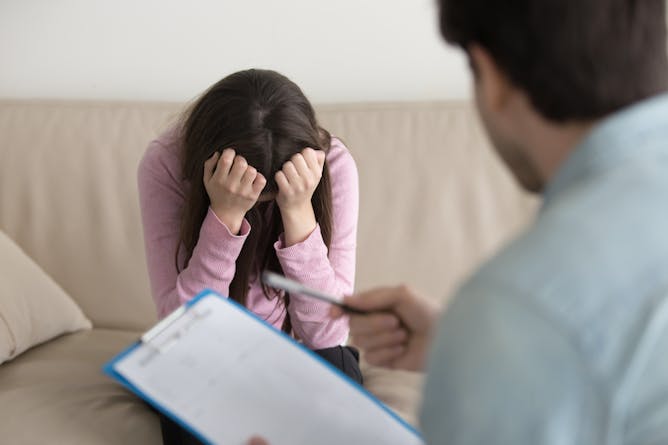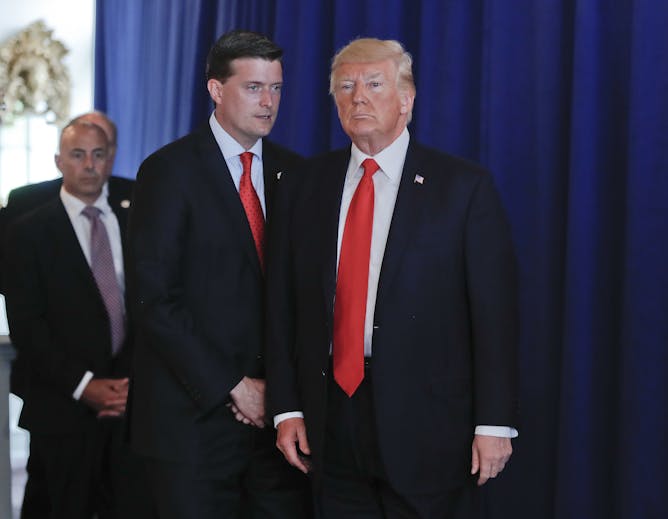| |
|
|
|
|
|
|
| |
|
Editor's note
|
|
Opioid overdoses have killed tens of thousands of Americans last year alone. But could it be that patient expectations and even demands are driving the epidemic? Are opioids always necessary? Recently, an American woman recounted her experience in Germany and how she recovered after a hysterectomy with only the help of a nonprescription painkiller and rest. Bioethicist Travis N. Rieder cautions about taking so simple an approach. While it is true, he argues, that America needs a culture change, some pain is too devastating.
Before becoming a professor of law at the University of Montana, Andrew King-Ries prosecuted domestic violence perpetrators for nearly a decade. He decided to reach out to several victims he had met and thought he had helped. As it turns out, many of them told him they were still dealing with the trauma of their abuse and felt “dumped” by the criminal justice system, prompting him to reimagine how the system could better support victims.
Organizations fighting domestic violence have traditionally focused their work on victims. But there is a growing field of anti-violence work that attempts to stop abuse from ever happening. University of Michigan scholar Richard Tolman and his research team have studied the effectiveness of these types of initiatives, from programs for boys on sports teams to efforts that involve men in violence prevention as they move into fatherhood.
|
Kalpana Jain
Senior Religion + Ethics Editor
|

|
|
Top stories
|

When should you ask your doctor for opioids?
Monkey Business Images/Shutterstock.com
Travis N. Rieder, Johns Hopkins University
A scholar explains why there is no one answer. Some pain is devastating, and sometimes such pain responds well to opioids. On the other hand, there is evidence that some physicians overprescribe.
|

Victims of domestic violence may not get the services they need.
Shutterstock
Andrew King-Ries, The University of Montana
Years after their trials, he got in touch with the victims he thought he had helped. They described feeling ‘dumped’ by the system.
|

Rob Porter, left, an aide to President Trump, resigned after reports surfaced that he had abused his two ex-wives.
AP/Pablo Martinez Monsivais
Richard Tolman, University of Michigan
Domestic violence services have rightly focused most attention on meeting survivors' needs. Increasingly, though, organizations are involving men and boys in domestic violence prevention.
|
|
|
|
|
Science + Technology
|
-
Chris Standish, University of Southampton; Alistair Pike, University of Southampton
Neanderthals, rather than modern humans, created the world's oldest cave paintings.
-
Larry Lemmons, Texas Tech University; Asheley R. Landrum, Texas Tech University
Twenty years ago, a Texas court decided Winfrey hadn't defamed the state's cattle industry. At the time, local media struggled to explain the science at stake in the case.
|
|
|
|
From our international editions
|
-
Nicole W. Forrester, Ryerson University
For any athlete to deliver a gold medal performance, mental toughness is an essential ingredient. But what exactly is mental toughness — and how does an athlete develop it?
-
Andrew Campbell, University of Sydney
Clinically speaking, you can't become addicted to a device, but you can develop behavioural addictions to smartphone functions.
-
Qamar Schuyler, CSIRO; Britta Denise Hardesty, CSIRO; Chris Wilcox, CSIRO
Drink containers end up in the ocean at a truly alarming rate. Simply paying people a small amount to return them cuts that rate by nearly half.
|
|
|
|
| |
| |
|
|
|
|
|
|
|
|